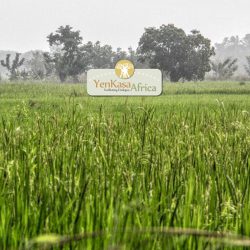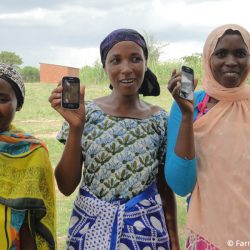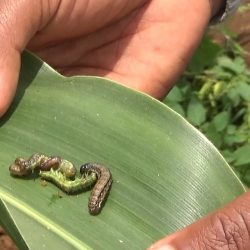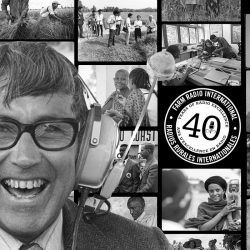From the vantage of a Zimbabwean family farmer
On 20 December 2017, the United Nations (UN) General Assembly adopted a resolution which declared the years 2019-2028 to be the Decade of Family Farming. According to the Food and Agriculture Organisation (FAO), the Decade of Family Farming will aim at focusing systematically on cross cutting and multi-dimensional issues which are of concern to family farmers. Family farming is generally understood to be a type of farming whereby inherited land




